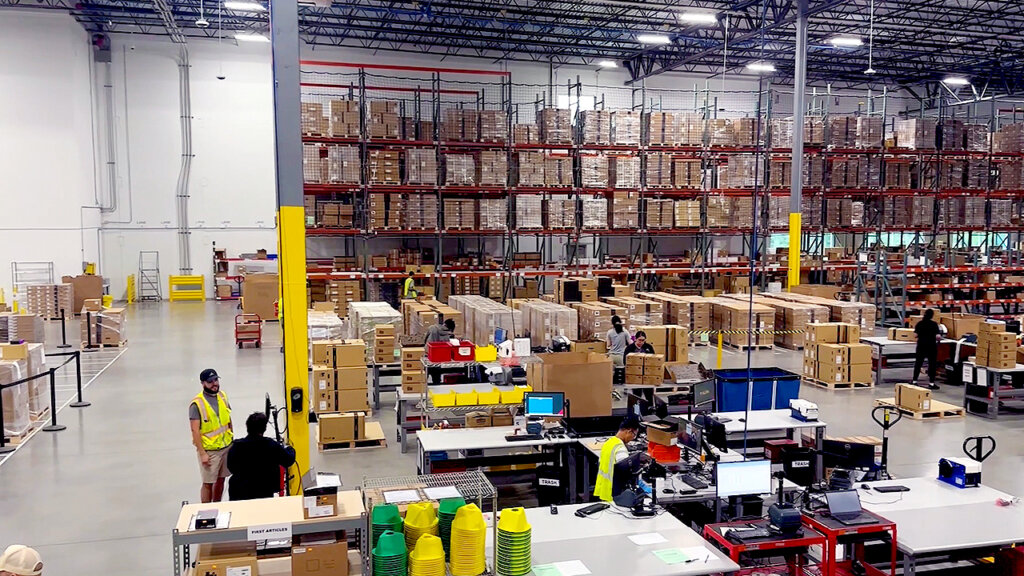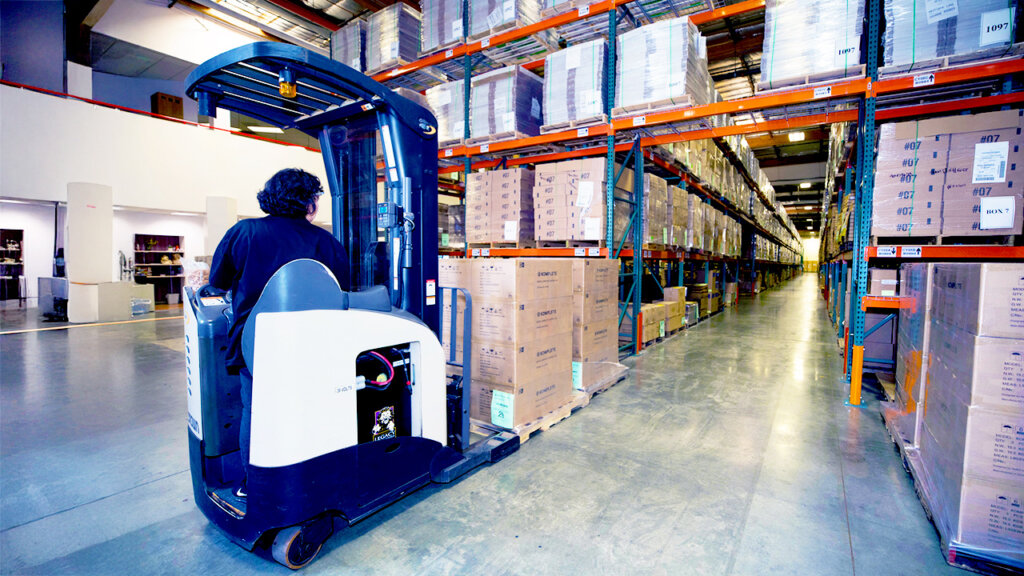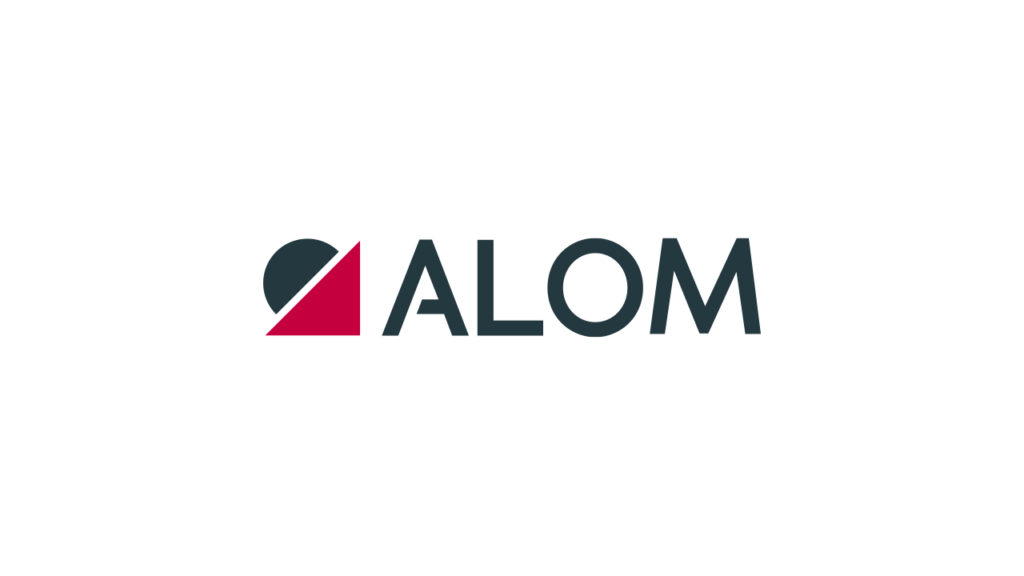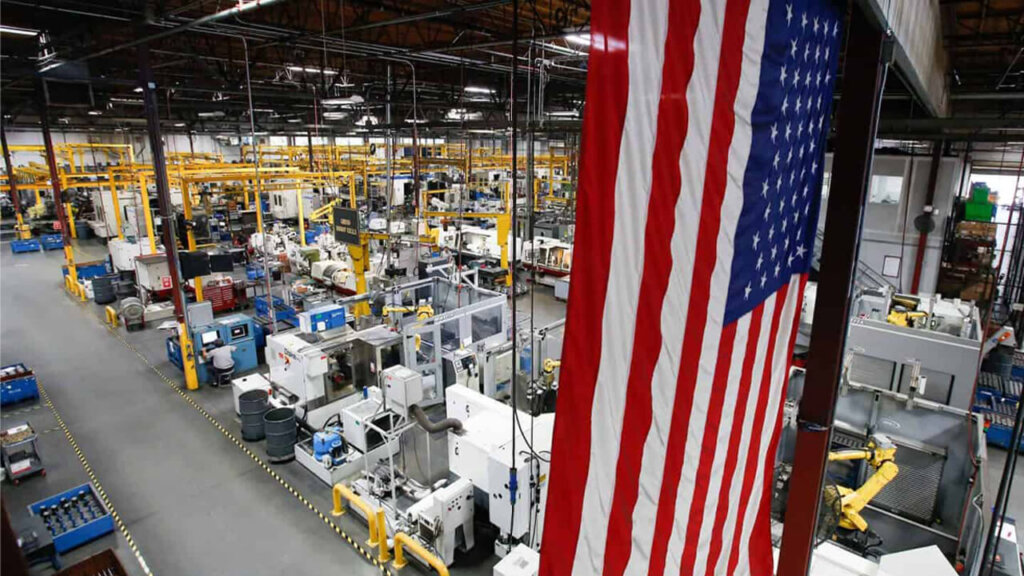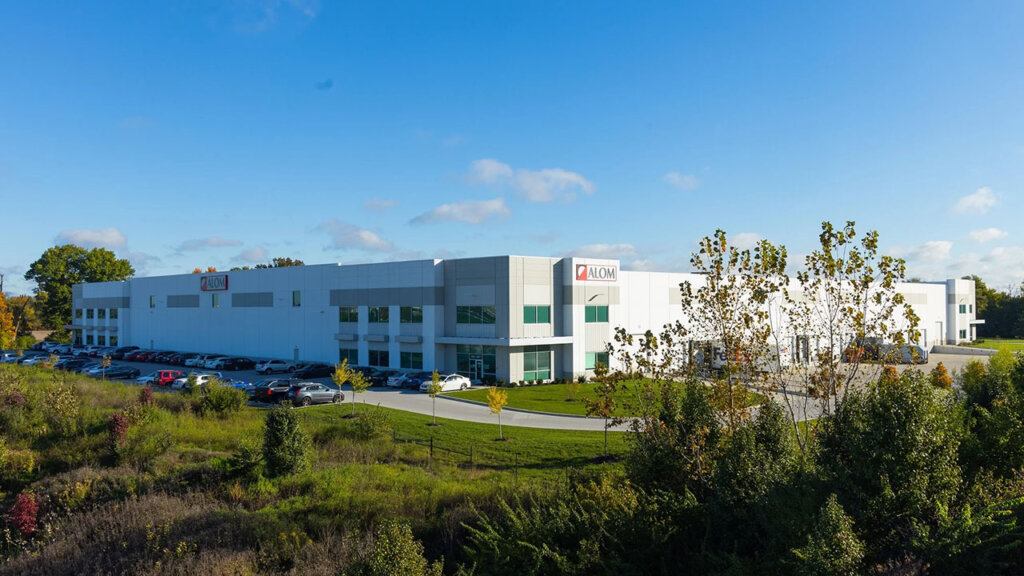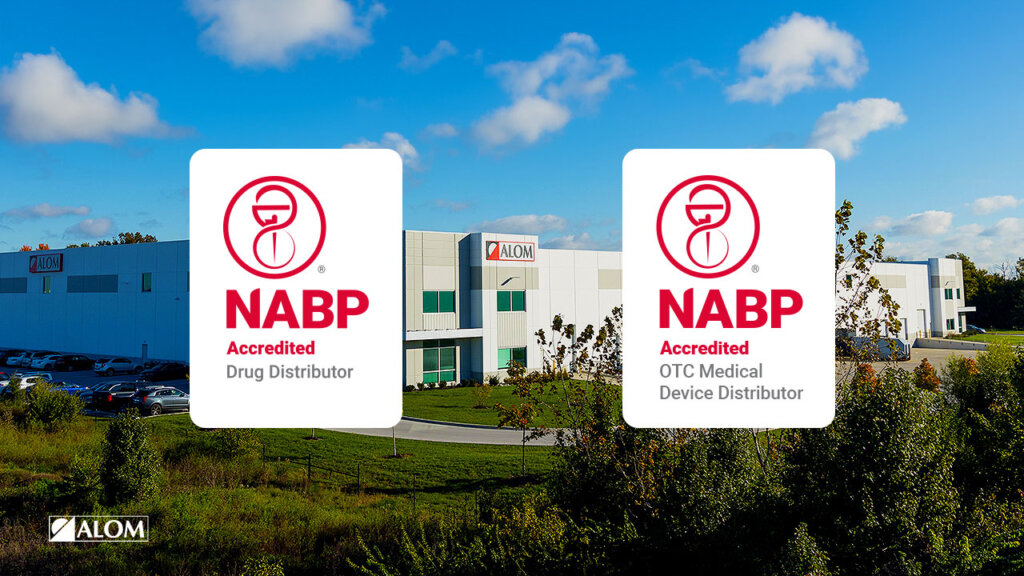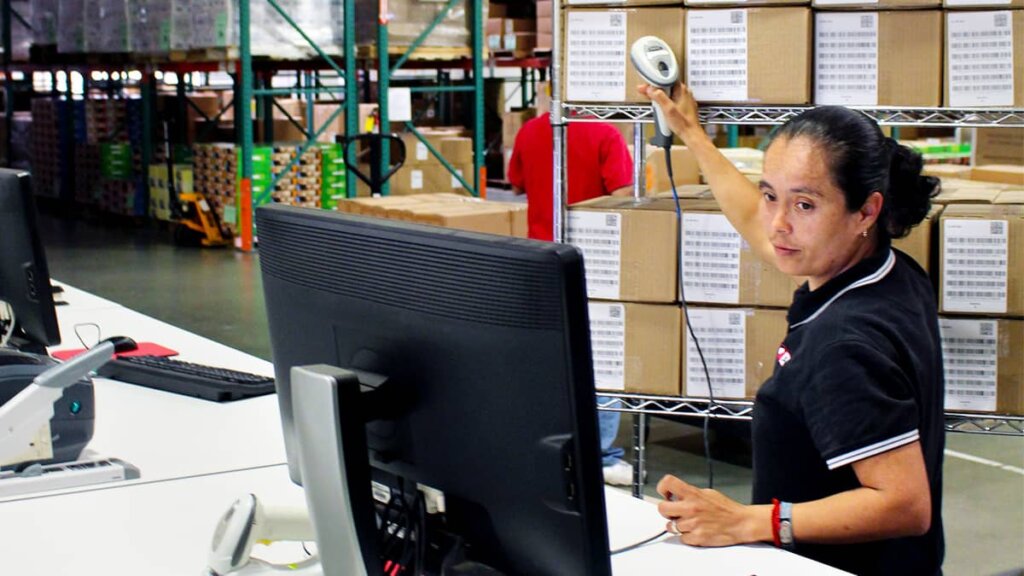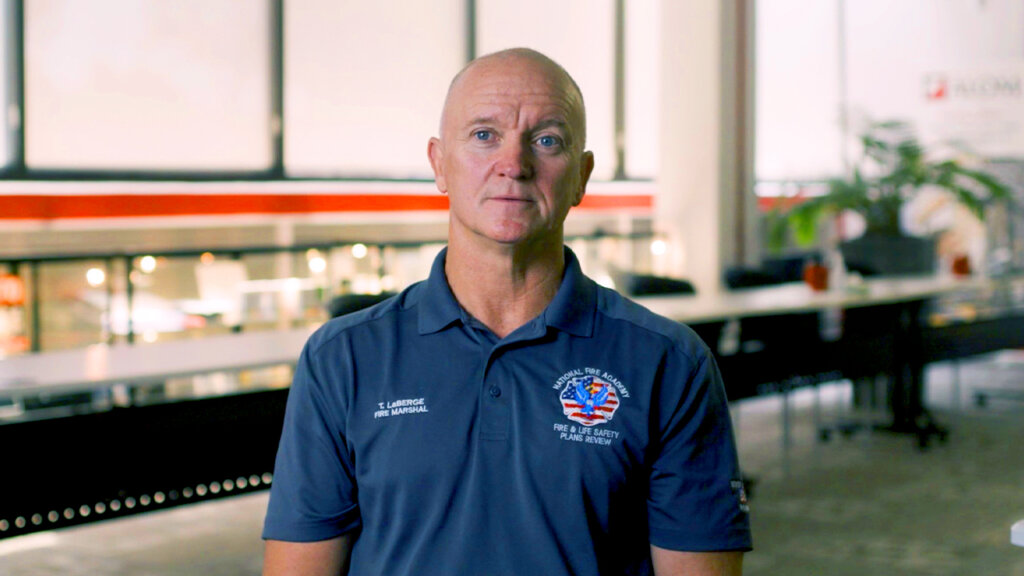A recent supply chain article dropped an alarming statistic. “A 2017 DHL survey notes that the talent shortage (with supply chain jobs outpacing supply by at least 6:1) is a result of changing skills requirements, an aging workforce, lack of talent development and a perception that supply chain jobs aren’t exciting.” The same article also states that “employers are hungry for well-trained supply chain graduates, with skills that are continually growing and changing. Technology is having greater impact on companies, especially with ecommerce. And they’re becoming more efficient, global and using supply chain as a strategic initiative instead of as a revenue drain. These changes in philosophy and operations has increased the visibility and strategic importance of the supply chain within companies.”
So what does this mean for start-up and high-growth companies that are looking to expand into new markets, add to their existing product portfolio, or grow their sales organizations to increase revenues? Simple. It means that their own supply chains may not be able to keep up. If you don’t have the right talent with the right skillset, it doesn’t matter how many ground-breaking products you develop. You simply won’t be able to deliver on your promises. And, this isn’t just an issue with small or mid-sized companies – it affects large ones too.
Global supply chains are required to be dynamic, flexible, and responsive while remaining cost efficient and compliant with complex regulatory statutes. Fast scaling supply chains that extend around the world are being supported by some of the most advanced technologies in IoT and artificial intelligence to provide visibility, anticipate demand, maintain inventory levels, and mitigate risk. To manage a successful supply chain that can meet the requirements of global businesses, supply chain leaders must have a combination of team members competent in everything from data science and analytics to advanced planning systems, lean manufacturing, environmental sustainability, and artificial intelligence. Supply chain teams also need financial analysts and quality experts being led by executives that truly understand what it takes to deliver on global expansion initiatives supported by some of the most innovative products and services. Managing the technologies and tools properly require an entirely different skillset for which many organizations simply aren’t prepared. Supply chain talent management is a complex business all on its own!
This is exactly why more and more organizations are partnering with supply chain solution companies like ALOM. ALOM just celebrated its 21st anniversary, and during that time has built its business around developing and executing complex, quality-driven supply chain solutions for some of the largest, most respected global brands across verticals including healthcare, automotive, government, energy, and technology. ALOM has invested in the people, processes, and technology that has fueled many business to scale their operations globally and operate more efficiently with less risk of disruption. We attract and retain expert talent in supply chain technology and systems, procurement, supply chain design, manufacturing, operational planning and quality management. Many of our partners look to us as an extension of their supply chain, and we help address the talent gap that is affecting so many organizations today. Simply put, we will continue to invest in developing our staff to possess the highest levels of industry expertise so you don’t have to!
Contact us today and let’s talk about how our experienced team members can help support your business growth and solve some of your most difficult supply chain challenges!



